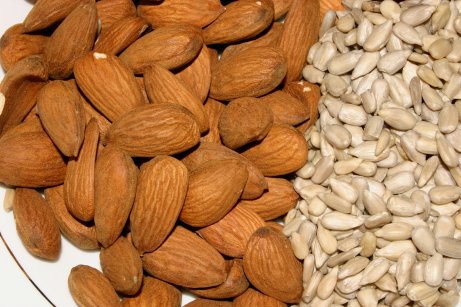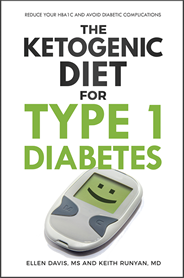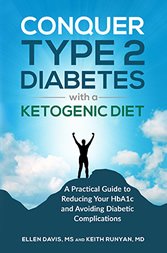Magnesium Deficiency: Are You at Risk?

The list of health problems associated with a magnesium deficiency is a long one. Magnesium, a mineral, activates over 76% of the enzymatic processes in the body and is especially critical for cellular respiration and mitochondrial function.
Magnesium is also a critical co-factor in cellular energy production, the metabolism of carbohydrates and glucose control, fatty acid oxidation and protein synthesis in the body.
Magnesium has to be available in order for the body to know when to switch on and off enzyme and hormone production, and it is important for muscle function and nerve transmissions as well.
Magnesium Deficiency Symptoms
Not surprisingly, given how many body systems depend on it, deficiencies have been associated with:
- Chronic fatigue syndrome
- Blood sugar control problems and diabetes
- Constipation
- High blood pressure (and the diuretics given for blood pressure cause the body to excrete even more magnesium, making the problem worse)
- Abnormal heart rhythms
- Muscle cramps
- Breathing problems
- Psychiatric problems such as autism
- Headaches
- Nerve pain (neuralgia)
- Tremors and twitching
- Anemia
- Decrease in insulin sensitivity leading to metabolic syndrome
If you have any of these symptoms, you may have a magnesium deficiency, and supplementation may be needed. You can eat more magnesium-rich foods as well. Nuts and seeds are particularly high in magnesium. And a simple search on Google will identify other keto appropriate choices.
Reasons for Magnesium Supplementation
- Magnesium is not absorbed well from food
- Eating a higher fat diet reduces the absorption of magnesium from the intestinal tract.
- Magnesium and calcium balance each other. A high intake of calcium will cause a need for more magnesium. Your calcium to magnesium intake should be in a 2:1 ratio
- High fiber diets promotes the loss of magnesium from the body (phytic acid and oxalates bind with minerals in the body and remove them)
- High sugar diets increase the need for supplemental magnesium
- A vitamin E deficiency can cause a increase need for magnesium
- Alcohol, potassium and caffeine cause the kidneys to excrete more magnesium
- Vitamin D3 can help the body absorb magnesium and calcium, but the calcium and magnesium must be in balance
Taking natural supplements of magnesium is probably one of the best things you can do for your health. The Daily Recommended Intake is 400 milligrams per day, and 450 a day for pregnant women. Magnesium citrate is the form which has better absorption rates.
The University of Maryland has more information on the importance of magnesium here. Taking too much magnesium will cause very soft stools or diarrhea. You can use this fact to judge your body requirement - constipation being an indicator that you are low on magnesium.
All of my books are available in electronic PDF, and now in paperback on Amazon!
 |
 |
 |
|
Buy paperbook on Buy paperback on Amazon Buy the e-Book via Paypal |
Buy paperback on Buy paperback on Amazon Buy the e-Book via Paypal |
Buy paperback on Buy paperback on Amazon Buy the e-Book via PayPal |